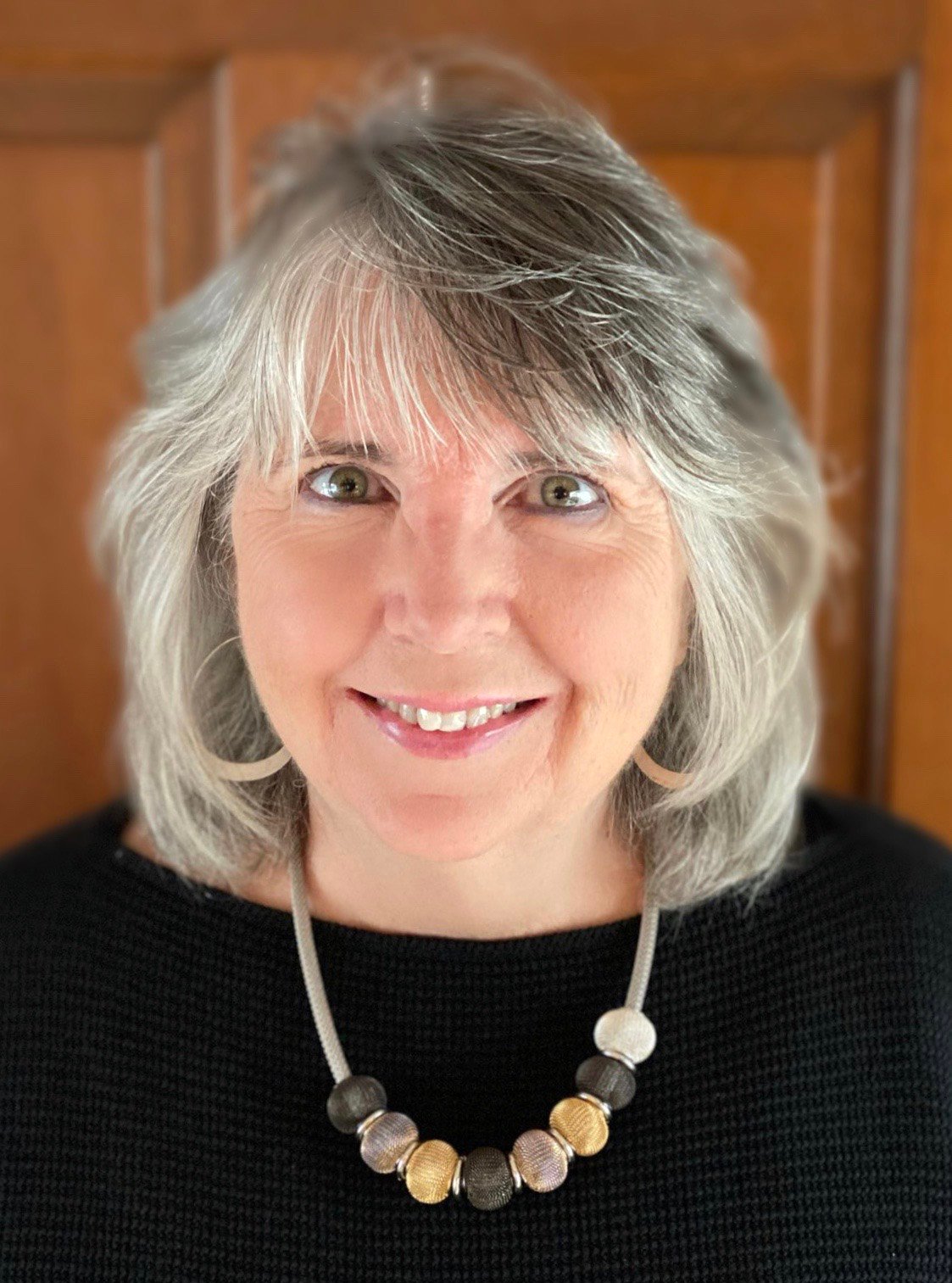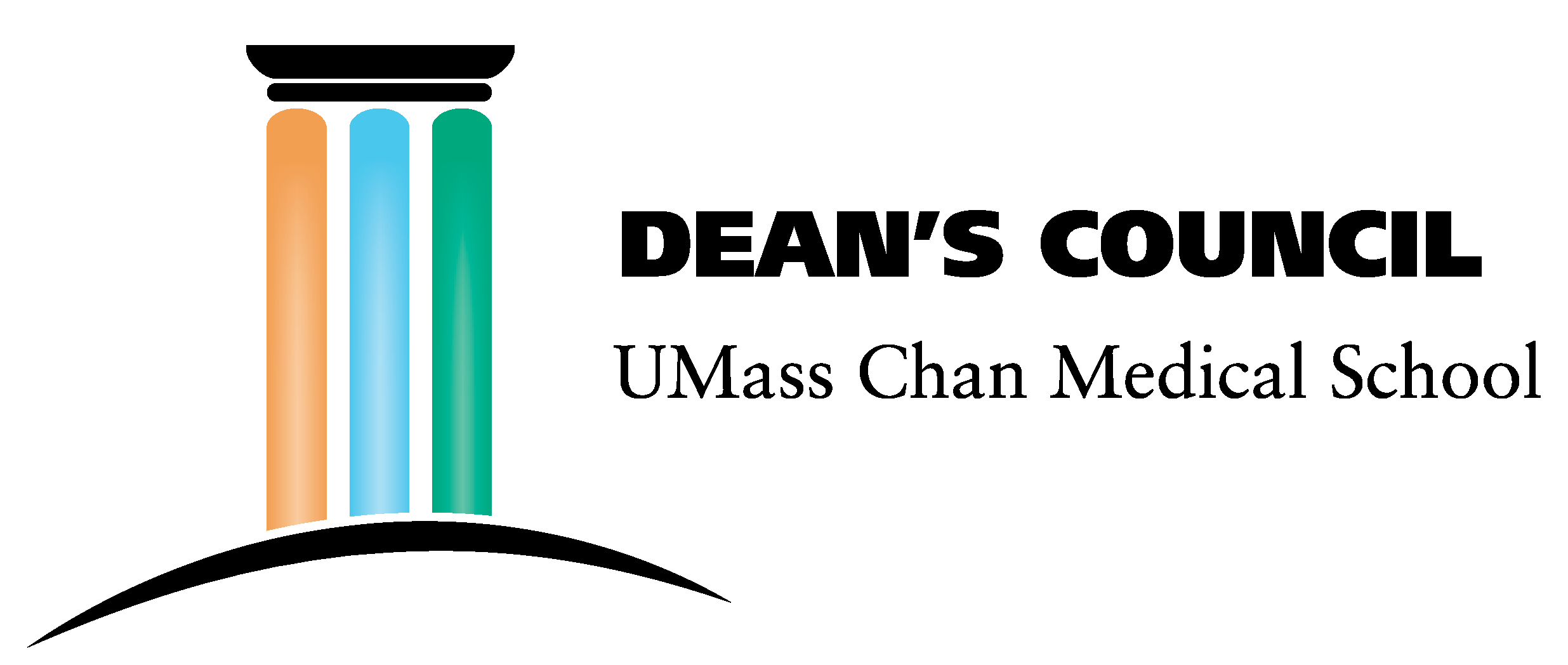Dean's Council Profile: Carol Curtin, PhD’15
Longtime UMass Chan employee augments career with PhD, pays it forward
 “I had always wanted to get a PhD, but various factors over the years made that difficult. I was thrilled to have this opportunity and to be able to do so while still working full time at UMass Chan Medical School.”
“I had always wanted to get a PhD, but various factors over the years made that difficult. I was thrilled to have this opportunity and to be able to do so while still working full time at UMass Chan Medical School.”
Dr. Carol Curtin’s educational path didn’t follow the traditional timeline. She earned a PhD from the Morningside Graduate School of Biomedical Sciences in the Clinical & Population Health Research (CPHR) program at the age of 57, but “I took it on with the seriousness of purpose that was more intense than when I was younger,” she said.
Dr. Curtin said she was always a good student, but that because she was earning her PhD in the middle of her career, rather than at the beginning, she was clear about what she wanted to learn, why she was there, and “I just gave it everything I had,” she said.
But Dr. Curtin’s time at UMass Chan began even before she enrolled in the CPHR program. She joined the Eunice Kennedy Shriver Center in 2002 where she was asked to spearhead a new research program on health promotion for children and youth with developmental disabilities. She had research training from her undergraduate and graduate degrees but felt that there were gaps in her knowledge and training that a PhD would fill. When the CPHR PhD program became available part-time for UMass Chan employees in 2010, Dr. Curtin couldn’t pass up the opportunity to fulfill a lifelong dream.
“The CPHR program had all the coursework I needed to round out my knowledge and skills with its emphasis on epidemiology and biostatistics. I couldn’t believe what a perfect fit it was for me and my learning needs—I grew tremendously from the experience and learned more than I could have ever hoped for,” she said of the experience.
Prior to joining the Shriver Center, Dr. Curtin began her career as a clinical social worker. While she enjoyed the research aspect of her studies in undergrad and graduate school, she said she didn’t yet know what research questions she wanted to answer. But she did know what clinical questions she wanted to address, so she began her career working in community mental health. She later switched her focus to working with children with developmental disabilities, which led her to a passion for program development, leadership and administration. That clinical background rounded out the knowledge from earning her PhD and has made her a better researcher.
“It was important to have had those years of clinical experience and to learn to run programs, and manage budgets and personnel. I felt that because of my years in the field, I had a pretty solid sense of what some of the issues were—it wasn’t just a research-informed experience, it was also a clinically-informed experience,” said Curtin.
Dr. Curtin currently serves as the associate director of the Shriver Center, but “I wear many hats,” she said. She is the director of several large programs within the Shriver Center, including the Leadership Education in Neurodevelopmental Disabilities program, which is a large training program for clinicians, public health and other professionals, family members, and people with disabilities who want to effect change in services for children with disabilities and their families.
She is also the director of the University Center for Excellence in Developmental Disabilities program, which is focused on research, training, service, and information dissemination efforts in support of people with disabilities and their families. In addition, she is the co-director of the Healthy Weight Research Network, funded by the Maternal Child Health Bureau, which is focused on research efforts to promote healthy weight in children and youth with autism and other developmental disabilities.
Dr. Curtin said that earning a PhD is one of the best things she has ever done and as a result, she has continued to support the next generation of researchers.
“As both a student and a faculty member, I deeply value education, research, and service, and I am very committed and proud to be part of UMass Chan Medical School,” she said. “Investment in the Medical School is money well spent—the UMass Chan programs are innovative, cutting edge, and serve those who often go without.
“Because we are a state school, some may assume that we receive a large portion of state funding, but this is not the case,” she continued. “Our success depends on our ability to leverage external funding and on philanthropy. Philanthropy is particularly important, as it allows the school to build new programs, build new facilities, and use funds where there is greatest need. Investing in UMass Chan is an investment in the future health of our communities.”

